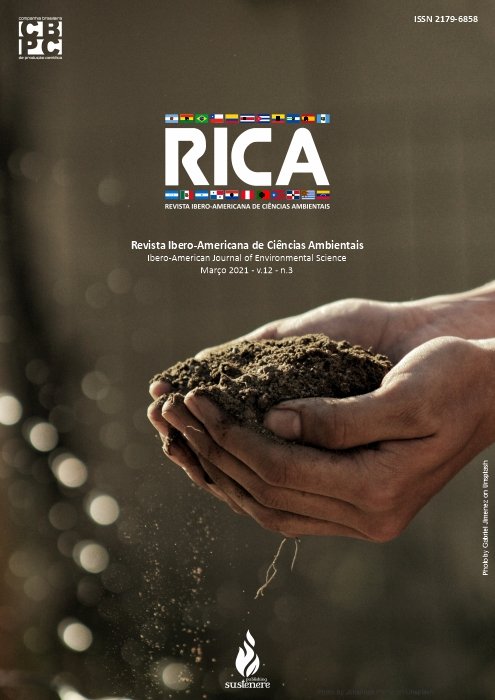Management of wood residues produced in a joinery of the Court of Justice of Pernambuco
DOI:
https://doi.org/10.6008/CBPC2179-6858.2021.003.0038Keywords:
Joinery, Wood waste, Environment, ManagementAbstract
Environmental policies are currently putting strong pressure on all segments of solid waste generation. Among these, there is the industry furniture, since it produces a large quantity and diversity of wood residues, whose exploitation and waste of which trigger a series of negative impacts for the environment and public health. This research aimed, through a study carried out in a joinery workshop, located in the city of Recife-PE, belonging to the Court of Justice of Pernambuco, to propose a system of management of wood residues generated in this workshop in compliance with the laws and resolution in force, in order to minimize negative environmental impacts from the waste produced in this sector. The methodology used was made through data collection through direct observation, interview and application of a questionnaire containing questions regarding types and waste of raw materials, equipment usually used, the production chain and types of waste generated in this process. Plywood, partition panels and MDF are the main raw material of joinery. The purchase of plywood was predominant (61%), followed by partition panels (30%) and MDF (9%). The equipment used where the circular saw, the planer, the sander, and the drill. The waste generated during the production process were retracts (33,33%), sawdust (33,33%), the wood ships (16,67%) and wood shavings (16,67%). It was found that the current model of woodworking waste management was the donation, lacking actions to reduce generation and its use. The result showed that the level of waste of the raw material in the form waste is quite significant, around 24,5%.
Downloads
Downloads
Published
Issue
Section
License
The CBPC - Companhia Brasileira de Produção Científica (Brazil CNPJ: 11.221.422/0001-03) the material rights of the published works. The rights relate to the publication of the work anywhere in the world, including rights to renewals, expansions and dissemination of the contribution, as well as other subsidiary rights. All electronically published works may subsequently be published in printed collections under the coordination of this company and / or its partners. The authors preserve the copyright, but are not allowed to publish the contribution in another medium, printed or digital, in Portuguese or in translation.









